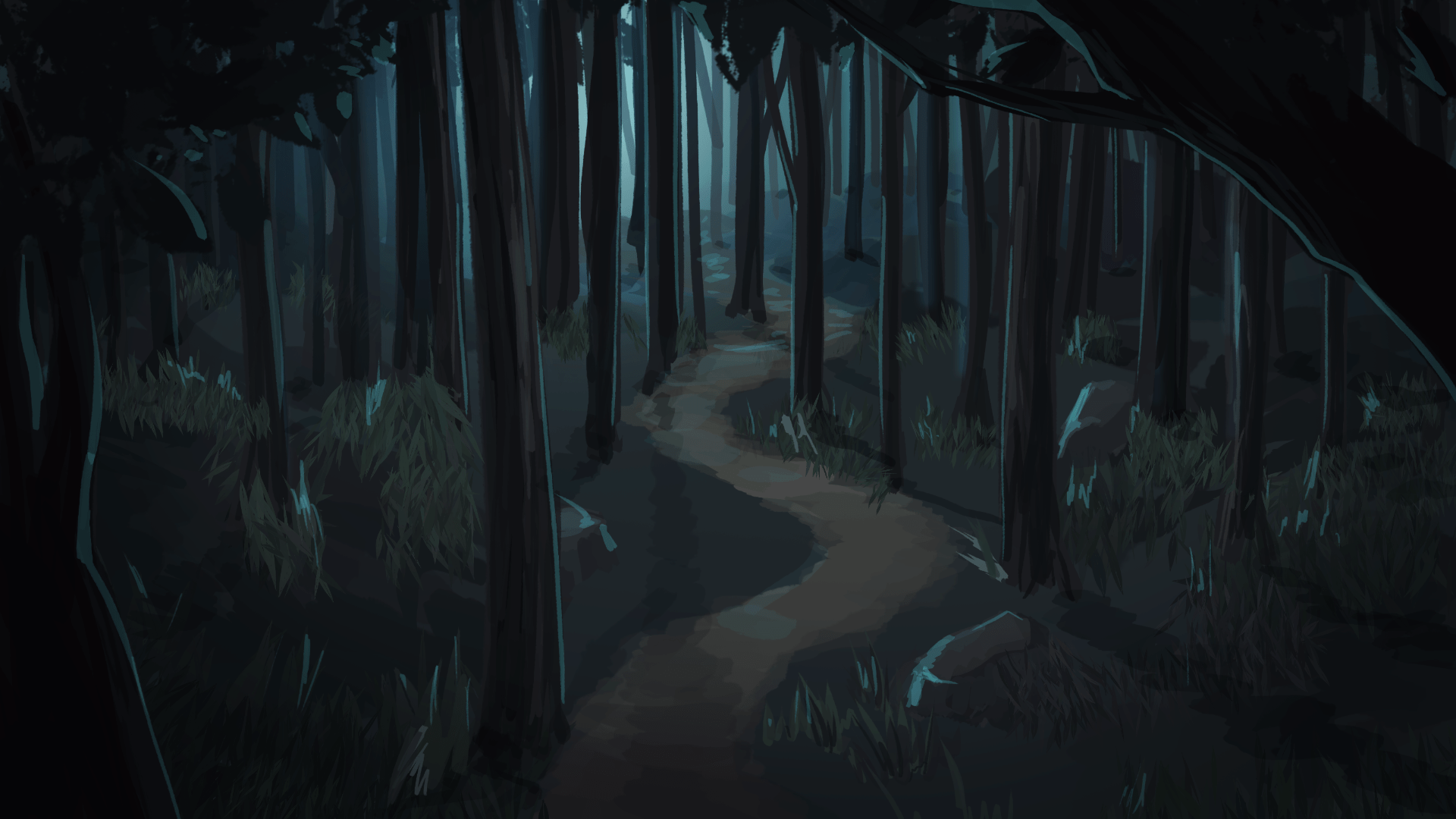Global (re)Entry
MOHAMADREZA BABAEE

Global (re)Entry simulates and redesigns Customs and Border Protection agency’s “Global (re)Entry” software as a pro-immigrant 2D video game and installation.
Collaborators
Maddy Grass Doss: Composer and sound artist
Fion Kwok: 2D and UI artist
Avery Weibel: Unity programmer
Media
Video game
Video and sound installation
Global (re)Entry is a new addition to my “Border Crossing” art series, a collection of performance and interactive projects about the complex connection between migration, surveillance, and identity. In this series, I ask: How do immigrants use art to establish their identities in the US? How are such identity construction efforts obstructed by state surveillance policies? How do immigrants creatively respond to xenophobic, colonial, racist, sexist, and queerphobic security practices? My art, scholarship, and pedagogy function in tandem to address such questions and intervene in oppressive systems of state surveillance. Driven by a fierce passion for social justice, I design art projects that go beyond issues of representation and, instead, make room for practical and utopian imagination of a better future, particularly for immigrants of color.
Global (re)Entry is a critical and parodic take on the Global Entry program designed by the US Customs and Border Protection agency. Similar to other Trusted Traveler programs, Global Entry allows “low-risk” US citizens and permanent residents to use an automated machine to receive their clearance for crossing international borders. The conditions through which Global Entry considers a traveler as low risk are not disclosed publicly and are open to interpretation and bias.
My project, designed as a 2D game, borrows textual and visual assets from the US Department of Homeland Security (and the associated agencies) website to simulate and repurpose the traveler screening program. In the game, players need to answer some questions to receive their travel clearance cards. However, their resistance to participating in state-sponsored security theatres can reward them in “cosmic” ways. While players can use the game to learn more about unfair border control strategies and oppressive state policies targeting immigrants, they can also fictionally redesign discriminatory US immigration forms and generate pro-immigrant, antiracist manifestos.
This project aims to intervene in the failing current US immigration system. The game encourages a closer look at systems through which social, political, and civic ostracization of immigrants is perpetuated. Moreover, the project invites players to formulate an ideal vision of society based in equality, fairness, and inclusion. Global (re)Entry takes on a critical examination of state-wide surveillance and prejudice and asks players to reflect on how their personal choices can intentionally and inadvertently influence the border-crossing practices of immigrants locally and globally.
Mohamadreza Babaee
Biography
Mohamadreza Babaee is an Iranian performance and digital media studies scholar and transdisciplinary artist. His research and creative areas of interest include Migration, Surveillance, Critical Race Theory, Transnational Feminism, Iran, and the broader Middle East. He frequently presents at theatre and performance studies conferences and contributes articles and book reviews to academic journals, including Journal of Dramatic Theory and Criticism and Theatre Topics. His art practice ranges from collaborating with professional Middle Eastern American theatre companies such as Silk Road Rising (Chicago, IL) to producing digital and board games that examine identity politics in diasporic contexts. Mohamadreza holds a Ph.D. in Theatre from Bowling Green State University and is currently an MFA candidate in Digital Arts and New Media at the University of California, Santa Cruz.
Media
Video game
Video and sound installation
